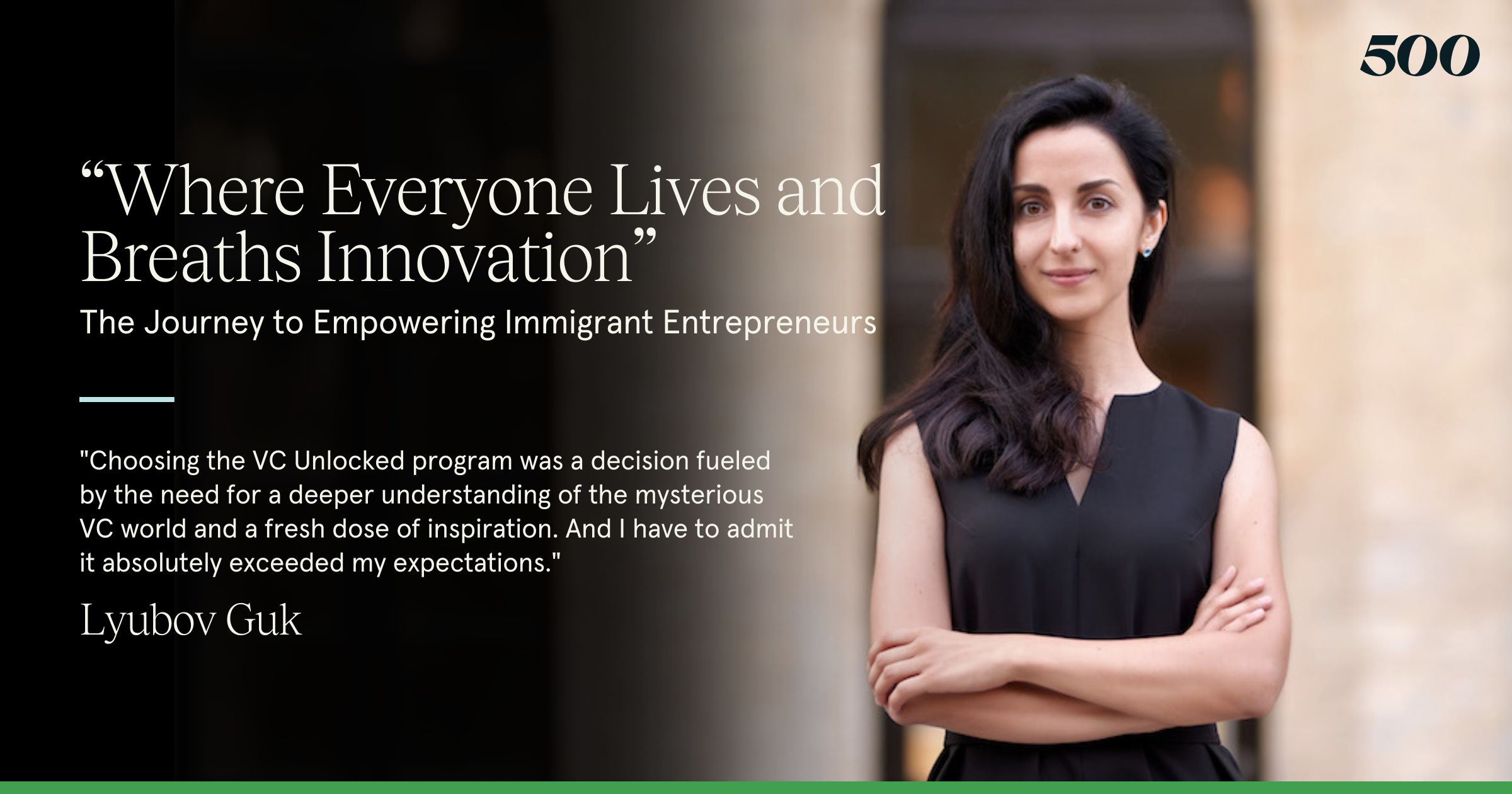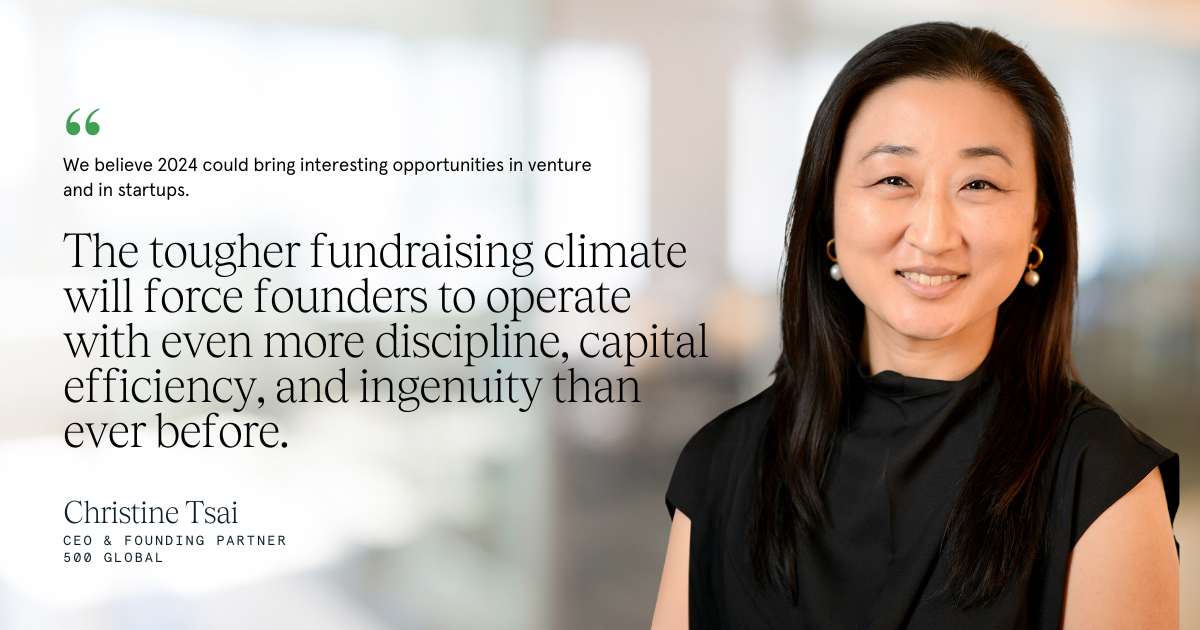Despite significant progress in access to banking products and services spurred by the Covid-19 pandemic, large numbers of people remain without full access to banking products that allow them to pay for essentials, educational pursuits, or to make investments.
We believe there are still opportunities in this space, in particular within the Islamic world. That’s why we are proud to support Islamic finance superapp and banking-as-a-platform IMAN.
Islamic Finance: The Nuts & Bolts
Islamic finance principles are rooted in Islamic or Sharia laws, which prohibit, for example, lending money with interest. Instead of charging interest, Sharia-compliant banks rely on equity participation. When a business takes out a bank loan, it pays it back by giving the bank a share of its profits. If the business defaults or doesn’t earn a profit, the bank can register a loss.
Problem: More than half of the world’s unbanked adults live in seven economies according to the World Bank’s 2021 Global Findex. Five of these seven economies are Muslim-dominated and 71% of those unbanked adults are women. The availability of Sharia-compliant banking and financial products in countries such as Uzbekistan remains scarce. For women and the unbanked in general, it means that traditional sources of credit worthiness and therefore access to credit are a challenge. In nine countries across the MENA region, the IFC estimates that SMEs are in need of up to $13.2 billion in Islamic finance.
Solution: IMAN enables people to invest or get funding in line with their values and close the Islamic finance funding gap. IMAN’s mobile platform for Muslim-majority markets consists of IMAN Invest, an investment platform, and IMAN Pay, a Sharia-compliant financing solution. IMAN partners with banks to offer those services to previously unbanked individuals or those without access to convenient Sharia-compliant offerings.
IMAN Pay works with merchants at the point of sale to provide Sharia-compliant financing products and services. It is already operating in Uzbekistan, and will be operating in Kazakhstan later this year. Consumers can purchase items, such as food and books without interest. Using a proprietary method, IMAN calculates the credit worthiness of previously unbanked individuals, opening access to women and traditionally underserved individuals. IMAN Invest, which the company says is already being used by more than 25,000 retail investors, allows access to Sharia-compliant investments from IMAN partners. These investments in turn help to fund consumer goods and services, such as medical care, training courses, and appliances.
Getting to know the team
Rustam Rahmatov and Mark Zubov founded Iman in 2021. We’re excited to have such a high caliber team working in this space. Rustam and Mark have been building and investing in emerging fintech markets together since 2018. Rustam, who’s CEO, previously worked for the IFC, while Mark, who’s CFO, was most recently with CrossBoundary, a US-based investment firm focused on frontier markets. The technical team includes Bobir Nurmukhamedov and Alisher Ilyasov who built infrastructure for TBC Bank in Uzbekistan.
Future plans
The team is currently expanding into other emerging markets with young and tech-savvy Muslim populations that have increasing disposable incomes and rising e-commerce digital payment penetration. Following Uzbekistan and Kazakhstan, Rustam and Mark plan to expand to Pakistan, broader South Asia, and MENA. In these new markets, the company is partnering with local banks and fintechs, which would enable them to launch co-branded Islamic digital products. In addition, IMAN’s team is building a decentralized finance protocol that will connect investors seeking Sharia-compliant yield with fintech lenders in emerging markets where there is a gap in access to capital.
Legal Disclaimers: 500 Startups programs (including accelerator programs), investor education services, strategic partnership consulting services and events are operated by 500 Startups Incubator, L.L.C. (together with its affiliates, “500 Startups”) and the funds advised by 500 Startups Management Company, L.L.C. do not participate in any revenue generated by these activities. Such programs and services are provided for educational and informational purposes only, and under no circumstances should any content provided as part of any such programs, services or events be construed as investment, legal, tax or accounting advice by 500 startups or any of its affiliates.
The views expressed here are those of the individual 500 Startups personnel or other individuals quoted and are not the views of 500 Startups or its affiliates. Certain information contained herein may have been obtained from third-party sources, including from portfolio companies of funds managed by 500 Startups. While taken from sources believed to be reliable, 500 Startups has not independently verified such information and makes no representations or warranties as to the accuracy of the information in this post or its appropriateness for a given situation. In addition, this content may include third-party advertisements or links; 500 Startups has not reviewed such advertisements and does not endorse any advertising content contained therein.
This content is provided for informational purposes only and should not be relied upon as legal, business, investment, tax or accounting advice. You should consult your own advisers as to those matters. References to any securities or digital assets are for illustrative purposes only. They do not constitute an investment recommendation, offer to sell or solicit to purchase any investment securities, or offer to provide investment advisory services. Furthermore, this content is not directed at nor intended for use by any investors or prospective investors and may not be relied upon when deciding to invest in any fund managed by 500 Startups. (An offering to invest in an 500 Startups fund will be made only by the private placement memorandum, subscription agreement, and other relevant documentation of any such fund and should be read in their entirety.) Any investments or portfolio companies mentioned, referred to, or described are not representative of all investments in vehicles managed by 500 Startups. There can be no assurance that the investments will be profitable or that other investments made in the future will have similar characteristics or results.
Charts and graphs provided herein are for informational purposes solely and should not be relied upon when making any investment decision. Past performance is not indicative of future results. The content speaks only as of the date indicated. Unless otherwise stated, figures are based on internal estimates and have not been independently verified. Any projections, estimates, forecasts, targets, prospects, and/or opinions expressed in these materials are subject to change without notice and may differ or be contrary to opinions expressed by others. All logos and trademarks of third parties referenced herein are the logos and trademarks of their respective owners and any inclusion of such trademarks or logos does not imply or constitute any approval, endorsement or sponsorship of 500 Startups by such owners.




